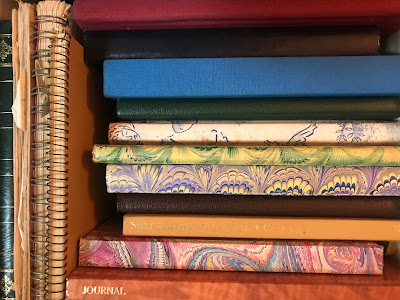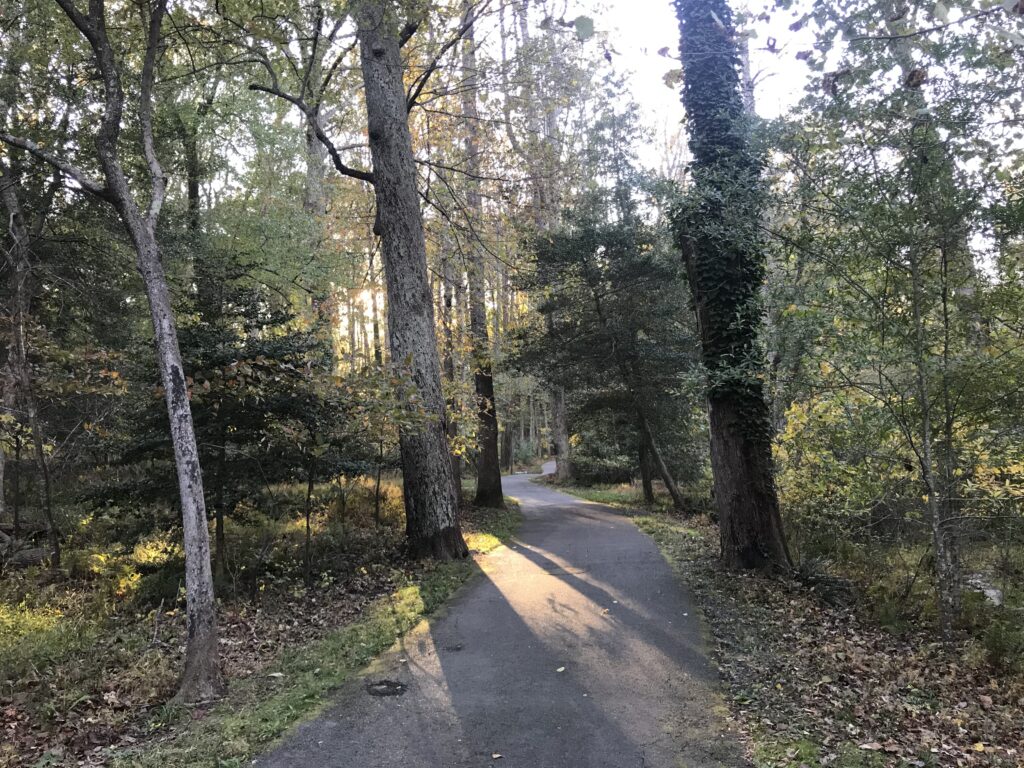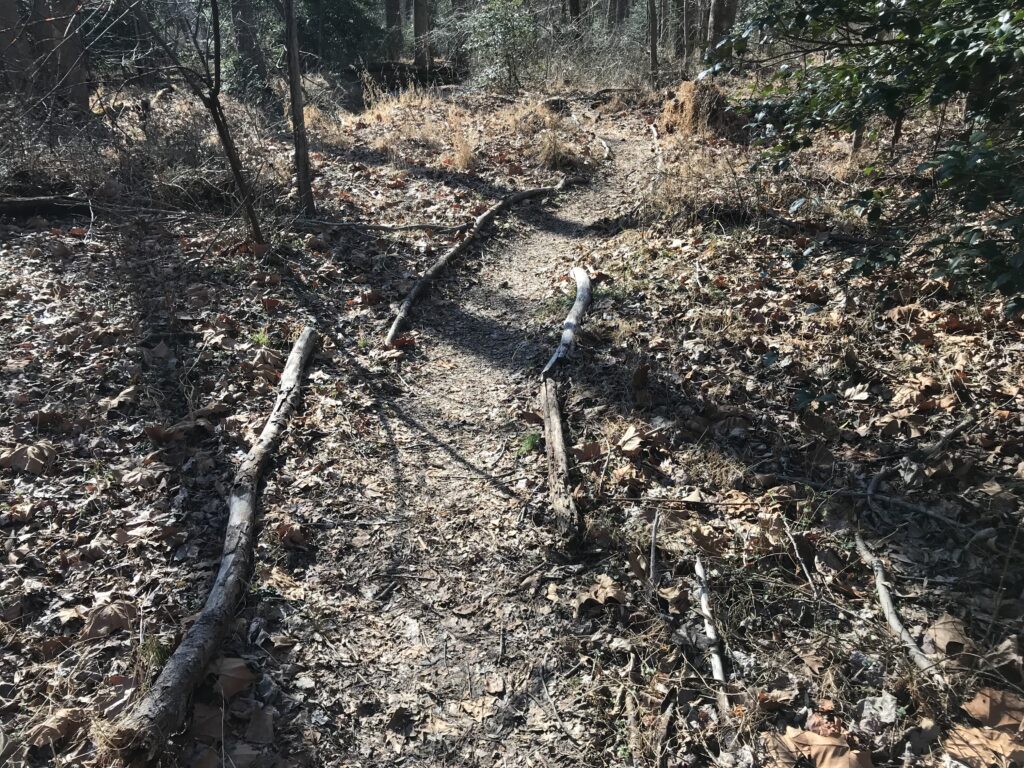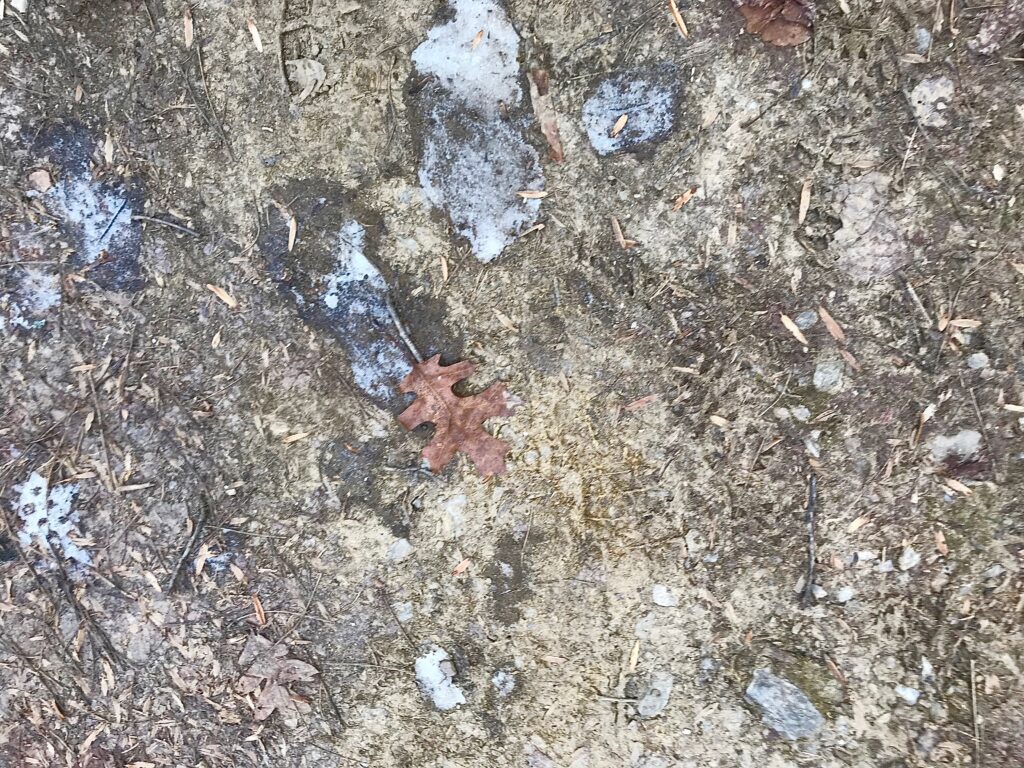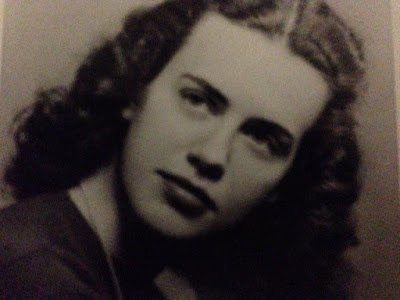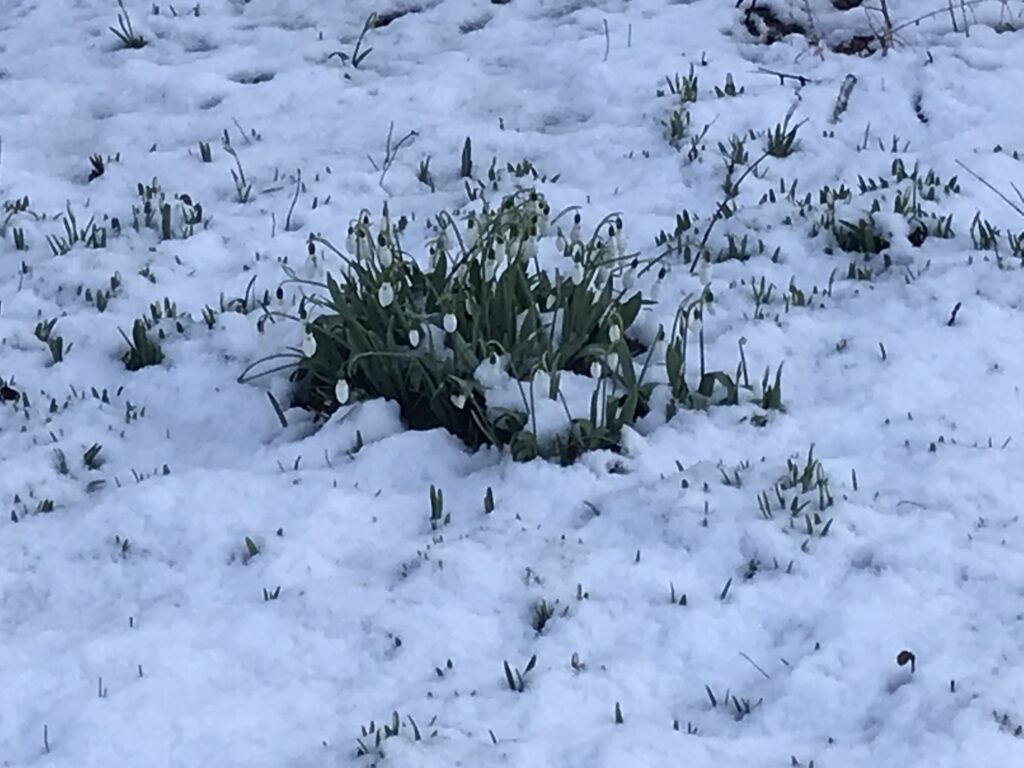All the Fixin’s
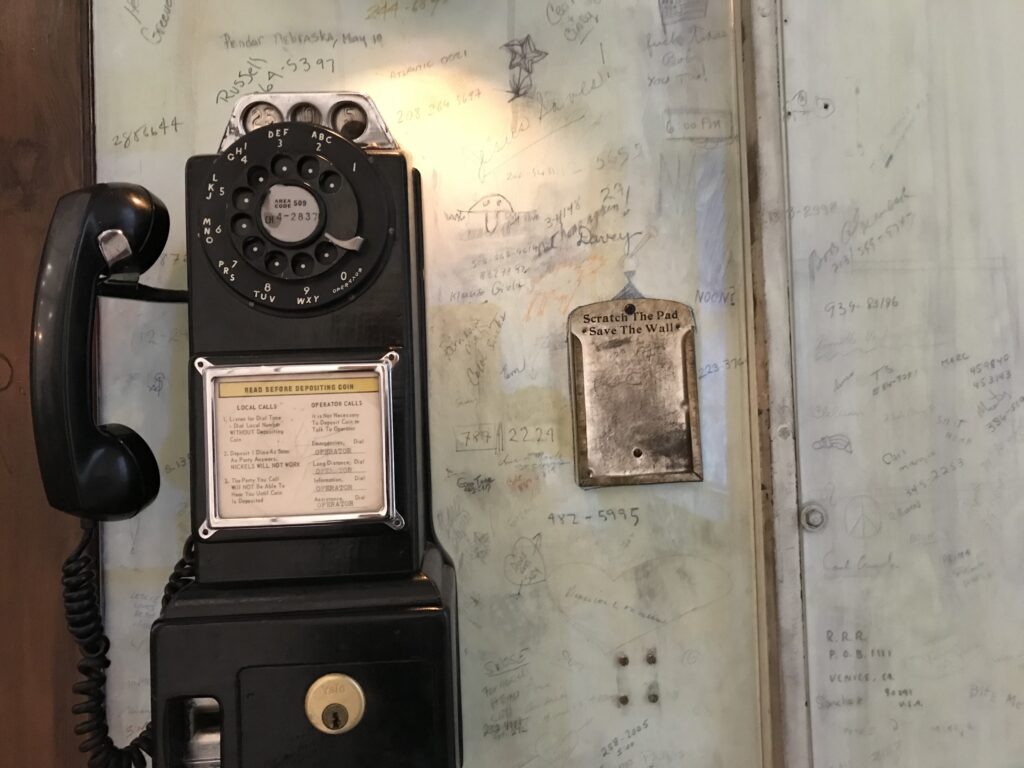
This is not a post about the side dishes that accompany a main course. About a crunchy salad or cornbread hot from the oven. No, this post is about all the fixing happening in my life, a seemingly endless list of to-dos, but two items yesterday worth noting.
My 24-year-old car is back in the shop, another shop this time, with a mechanic who fixed this problem (an errant air bag) long ago and we hope can fix it again.
And yesterday, I dropped off my ancient iPhone for a battery replacement. “Are you sure you don’t want to upgrade?” I was asked, several times. I was sure. And now my phone (still usable in most other ways) no longer erratically drops from 90 percent to 8 percent charge.
We live in a disposable age, not a fix-it culture. Collars are no longer turned, shoes no longer mended. Making do is a vanishing art. I’m keeping my hand in it a little while longer.
